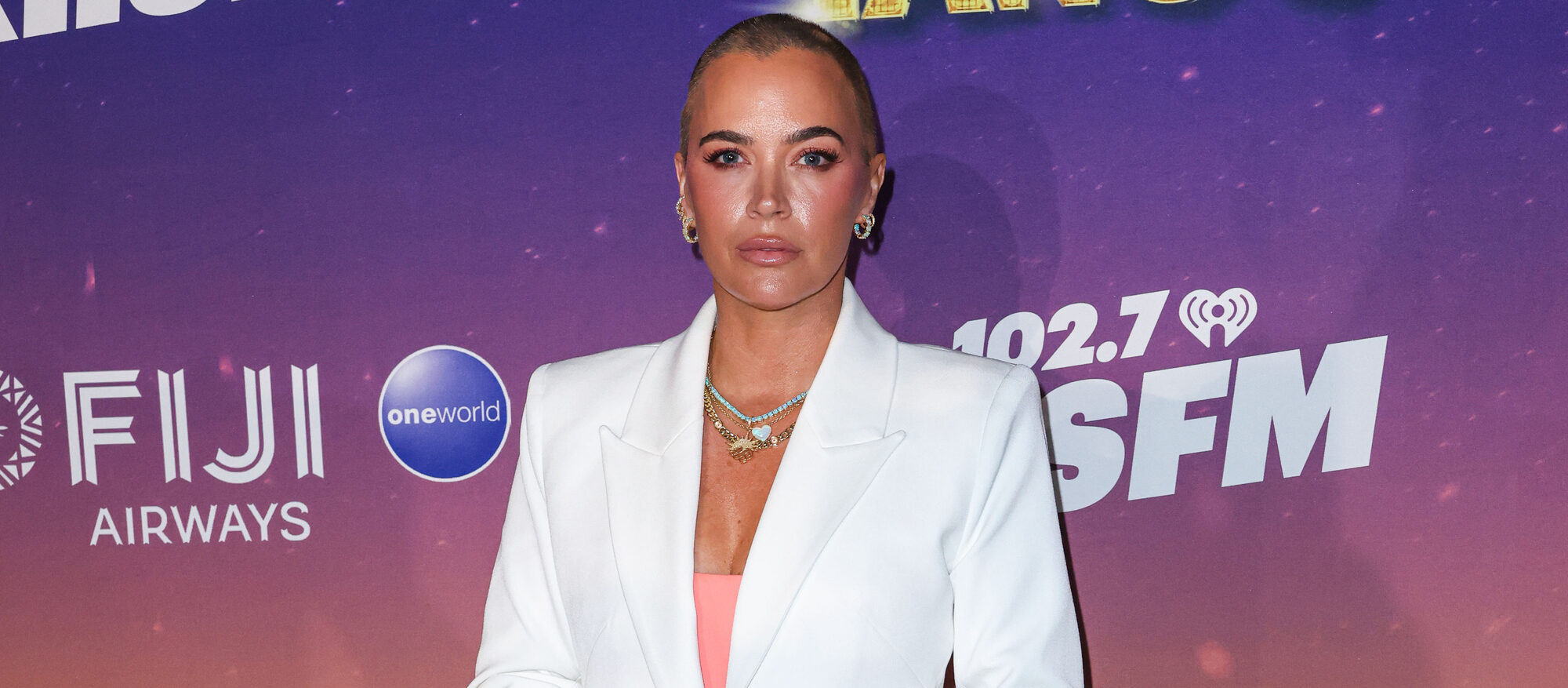How to Bet on US Reality Show Eliminations: What Viewers, Judges, and Social Media Really Influence

Reality television has evolved from simple entertainment into a multi-billion dollar industry where viewers don’t just watch—they predict, analyze, and yes, even bet on outcomes. While traditional sports betting has dominated the gambling landscape for decades, reality show elimination betting has emerged as an exciting new frontier that combines entertainment with strategic analysis.
Unlike sports, where statistics and player performance drive predictions, reality show betting requires a completely different skill set. You’re not just predicting who’s the most talented—you’re reading human psychology, social dynamics, and the complex web of factors that influence both viewer votes and producer decisions.
How Reality Shows Operate
Before placing any bets, it’s crucial to understand how different reality shows operate. Competition shows like singing contests, dance competitions, and survival challenges each have unique elimination mechanics that directly impact betting strategies.
Some shows rely entirely on public voting, where viewer sentiment is the ultimate deciding factor. Others combine judge scores with audience votes, creating a hybrid system where technical merit and popularity must both be considered. Then there are shows where judges have complete control, making their personal preferences and biases the primary factors to analyze.
The format matters enormously. Shows that air live versus pre-recorded programs operate under different pressures. Live shows create real-time momentum that can shift dramatically within hours, while pre-recorded shows allow for more strategic editing that can influence viewer perception long before elimination night.
The Judges’ Opinions
Judges wield enormous influence, even on shows where they don’t directly control eliminations. Their comments shape viewer opinions, and understanding each judge’s preferences can give you a significant edge.
Pay attention to judge archetypes. There’s usually the technical expert who values skill above all else, the emotional judge who responds to personal stories and connections, and the industry insider who considers marketability and star potential. Learning which judge carries the most weight with audiences—and with other judges—is essential for accurate predictions.
Watch for subtle judge signals that casual viewers might miss. A judge who consistently gives lukewarm praise to a contestant, even after strong performances, might be telegraphing future eliminations. Conversely, judges who defend contestants against criticism from their peers often indicate strong favorites who might survive longer than their talent alone would suggest.
Judge dynamics also shift throughout a season. Early episodes might focus on raw talent, while later stages often emphasize growth, likeability, and the mysterious “it factor” that’s impossible to quantify but crucial for success.
Social Media’s Influence
Social media has revolutionized reality show betting by providing real-time insight into public sentiment. Platforms like Twitter/X, Instagram, and TikTok serve as massive focus groups, revealing which contestants are capturing hearts and minds.
However, social media analysis requires sophistication. Raw follower counts don’t always translate to votes, especially among younger demographics who might be highly engaged online but less likely to vote through traditional methods. Look for engagement rates, sentiment analysis in comments, and trending hashtags to get a more accurate picture.
Pay special attention to organic versus manufactured social media presence. Contestants with authentic, grassroots support often perform better than those with obvious publicity machine backing. Fan-generated content, memes, and viral moments frequently predict elimination survivors better than professional promotional materials.
Cross-platform consistency is also telling. A contestant who’s popular across multiple social media platforms typically has broader appeal than someone who dominates just one demographic slice.
Viewer Psychology and Voting Patterns
Understanding viewer psychology is perhaps the most crucial skill for reality show betting. Audiences don’t always vote for the “best” contestant—they vote for their favorites, and favoritism follows predictable patterns.
The underdog effect is powerful in American culture. Viewers often rally behind contestants who face adversity, whether personal, professional, or competitive. A contestant who stumbles but shows resilience frequently gains more support than someone who coasts on natural talent.
Relatability trumps perfection for many viewers. Contestants who seem approachable and “real” often outlast those who appear too polished or professional. This is why trained performers sometimes struggle on amateur competition shows, while everyday people with compelling stories advance surprisingly far.
Regional and demographic voting patterns also matter. Southern contestants often have advantages on country music shows, while urban markets might favor different contestant types. Understanding the show’s core demographic and how they typically vote provides crucial insight.
The Production Angle
While we can’t see production decisions directly, their influence on eliminations is undeniable. Producers craft narratives that guide viewer emotions and, consequently, voting behavior.
Watch for editing clues that suggest producer preferences. Contestants who receive substantial screen time, even during weaker performances, often have production backing. Conversely, talented contestants who suddenly disappear from edit packages might be headed for elimination regardless of their abilities.
Story arcs also predict eliminations. Producers love redemption stories, rivalry narratives, and underdog journeys. Contestants who fit cleanly into these storylines often receive protection through favorable editing and strategic placement in show lineups.
Consider also the business side of production. Contestants who generate controversy (and therefore ratings) might survive longer than their talent suggests, while those who are talented but “boring” television might be eliminated despite strong performances.
Putting It All Together: Successful Betting Strategies
The most successful reality show bettors don’t rely on any single factor but instead synthesize information from multiple sources. Create a scoring system that weights judge preferences, social media sentiment, viewer psychology, and production storytelling based on each show’s specific format and history.
Track patterns across seasons and shows. Many reality competitions follow surprisingly consistent elimination patterns once you understand their underlying dynamics. Document your observations and refine your analytical approach based on results.
Remember that reality show betting often rewards patience and contrarian thinking. The obvious favorites don’t always win, and the biggest payouts come from identifying undervalued contestants before the general public catches on.
Most importantly, approach reality show betting as entertainment first. The unpredictable human elements that make these shows compelling also make them inherently risky to bet on. While analysis can improve your odds, the emotional roller coaster of reality television means surprises are always possible—and that’s exactly what makes it so engaging.







